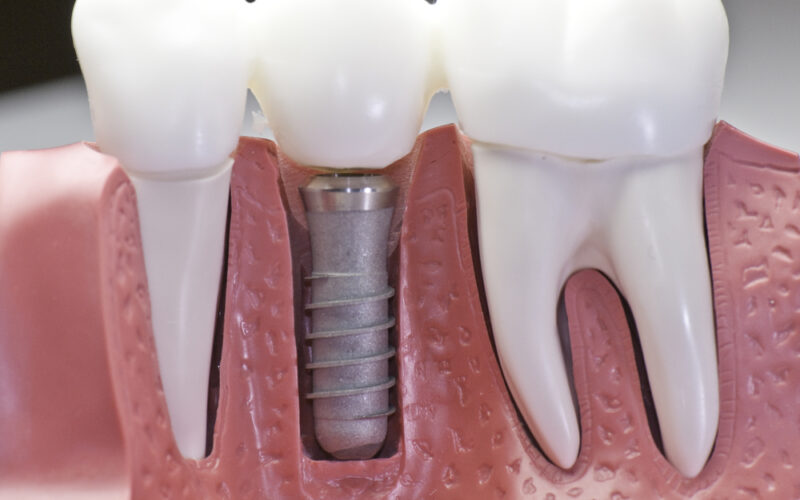
Dental implants have transformed the landscape of modern dentistry, offering a permanent solution for replacing missing teeth and restoring smiles. However, like natural teeth, dental implants require proper care and maintenance to ensure their longevity and success. At Gum & Dental Implant Centre, we understand the importance of dental implant maintenance and are committed to providing our patients with the knowledge and tools they need to keep their implants healthy for years to come. In this comprehensive guide, we’ll explore the importance of preventative dentistry for dental implants and share expert tips and advice on how to maintain your implants for optimal oral health.
Understanding Dental Implants
Dental implants are artificial tooth roots made of titanium that are surgically implanted into the jawbone to support dental restorations such as crowns, bridges, or dentures. They provide a strong and stable foundation for replacement teeth, allowing patients to eat, speak, and smile with confidence. Dental implants look, feel, and function like natural teeth, making them a popular choice for tooth replacement.
The Importance of Preventative Dentistry for Dental Implants
Preventative dentistry plays a crucial role in maintaining the health and longevity of dental implants. By practising good oral hygiene habits and attending regular dental check-ups, patients can prevent common issues such as gum disease, per-implantitis, and implant failure. Preventative dentistry also includes lifestyle factors such as avoiding smoking and tobacco use, maintaining a healthy diet, and protecting the implants from trauma or injury. By taking proactive steps to care for their implants, patients can enjoy a lifetime of healthy smiles.
Expert Tips for Maintaining Dental Implants
- Practice Good Oral Hygiene: Brush and floss regularly to remove plaque and bacteria that can lead to gum disease and implant failure. Use a soft-bristled toothbrush and non-abrasive toothpaste to clean around the implants gently.
- Attend Regular Dental Check-Ups: Schedule routine dental check-ups at least twice a year to monitor the health of your implants and identify any potential issues early on. Your dentist can perform a thorough examination and recommend any necessary treatments to maintain the integrity of your implants.
- Avoid Smoking and Tobacco Use: Smoking and tobacco use can increase the risk of gum disease and per-implantitis, leading to implant failure. If you have dental implants, it’s essential to avoid smoking and tobacco use to protect their longevity and success.
- Maintain a Healthy Diet: Eat a balanced diet rich in fruits, vegetables, and lean proteins to support overall oral health. Avoid sugary foods and beverages that can contribute to plaque buildup and increase the risk of gum disease.
- Protect Your Implants: Wear a mouth guard during sports or activities that pose a risk of facial trauma to prevent damage to the implants. Avoid habits such as nail-biting and chewing on hard objects that can put stress on the implants and cause them to loosen or fail.
Common Issues with Dental Implants and How to Address Them
Despite proper maintenance, dental implants can still experience issues such as peri-implantitis, implant loosening, or soft tissue complications. It’s essential to recognise the signs of these issues and seek prompt treatment from your dentist. Symptoms may include redness, swelling, pain, or bleeding around the implant site. Early intervention is key to addressing these issues and preventing further complications.
Conclusion
In conclusion, maintaining dental implants is essential for ensuring their longevity and success. By following expert tips and advice from the experienced team periodontists in Wollongong, patients can protect their investment in dental implants and enjoy a lifetime of healthy smiles. Preventative dentistry plays a crucial role in preventing common issues such as gum disease and implant failure, so it’s essential to practice good oral hygiene habits and attend regular dental check-ups. If you experience any issues with your dental implants, don’t hesitate to contact your dentist for prompt evaluation and treatment. Your smile is worth it!





